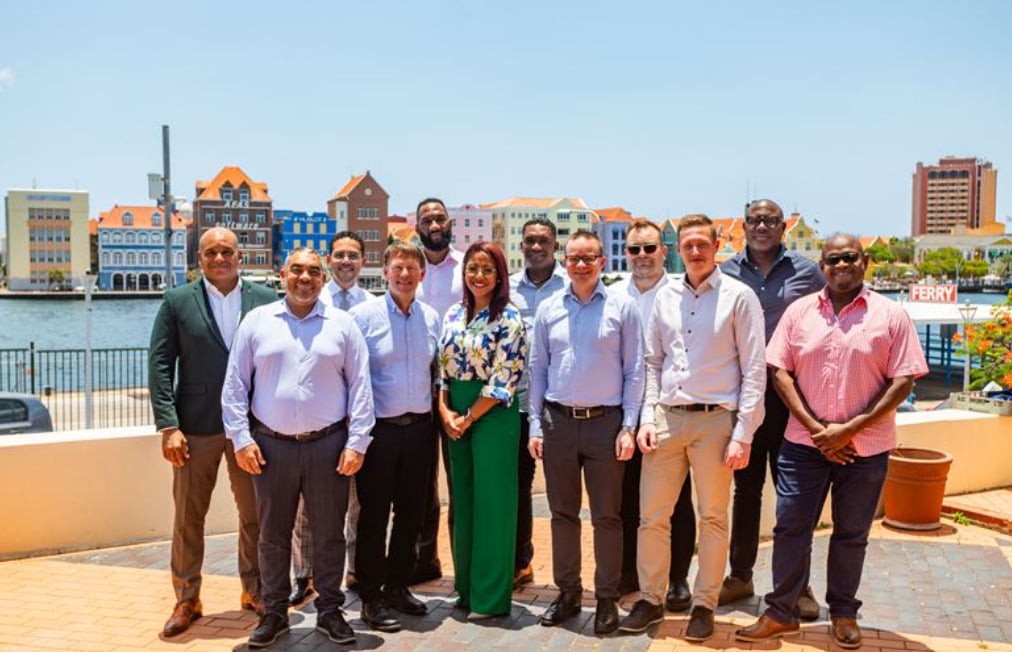
Finland-headquartered Wärtsilä, via its energy storage & optimisation (ES&O) arm, will provide the BESS technology along with its GEMS Digital Energy Platform. The project will provide grid stability and reliability, reduce unserved energy and help the utility to mitigate the risk of brownouts and blackouts.
The Wärtsilä equipment is scheduled for delivery in Q1 2025 and the project is expected to be fully operational by the end of Q2 2025.
“The Caribbean has been an important region for Wärtsilä for decades and we have established many long-term relationships over that time. Aqualectra has been one of those great partners and this announcement to add BESS to their system with Wärtsilä is another sign of that strong relationship,” said Jon Rodriguez, Energy Business Director at Wärtsilä Energy.
Aqualectra is an existing Wärtsilä customer with three operational engine power plants provided by the company.
Island nations like Curaҫao have a particular need for renewables and energy storage as they often rely on very high-cost imports of fossil fuels, making the Caribbean a relatively active region for large-scale energy storage.
A 90MW BESS project is being developed in Barbados, for example, although its progression was recently halted by the regulator there. At the start of the year, construction began on a 99MWh system in the Dominican Republic.
At the tail end of 2023, the islands of St Kitts & Nevis and US Virgin Islands enlisted BESS providers Honeywell and Leclanché for a total of 167.6MWh capacity of deployments across seven solar-plus-storage projects.
Wärtsilä ES&O saw a fall in its revenue fall in the first quarter of 2024, as did many other system integrators. The group is undergoing a strategic review of the ES&O division, including potential divestment, which an analyst told Energy-Storage.news is being considered in light of lower margins compared to the rest of the group.

